LAST UPDATED: June 16th, 2021
In a time of ever increasing urban sprawl and rapid development of once rural areas, access to available hunting land comes at an absolute premium.
Today’s leases often come with a sticker shock that will leave the average working class hunters in dismay. Additionally, skyrocketing land prices in many areas make ownership of large tracts of land a daunting feat.
For the majority of hunters, today’s scarcity of private hunting access leaves an individual with one of two options. Either you can venture out to your nearest wildlife management area, or attempt to secure land access by seeking permission from a private landowner.
While many quality public land opportunities exist, seeking private land access from a landowner is still the preferred choice for many hunters.
As straightforward as seeking permission for land access might sound, many hunters are left frustrated from repeated denials to their requests. This situation becomes exceedingly frustrating when others around you appear to receive permission at every turn.
There is a reason! Let’s take a look at 5 Reasons You Can’t Get Permission to Hunt on Private Land.
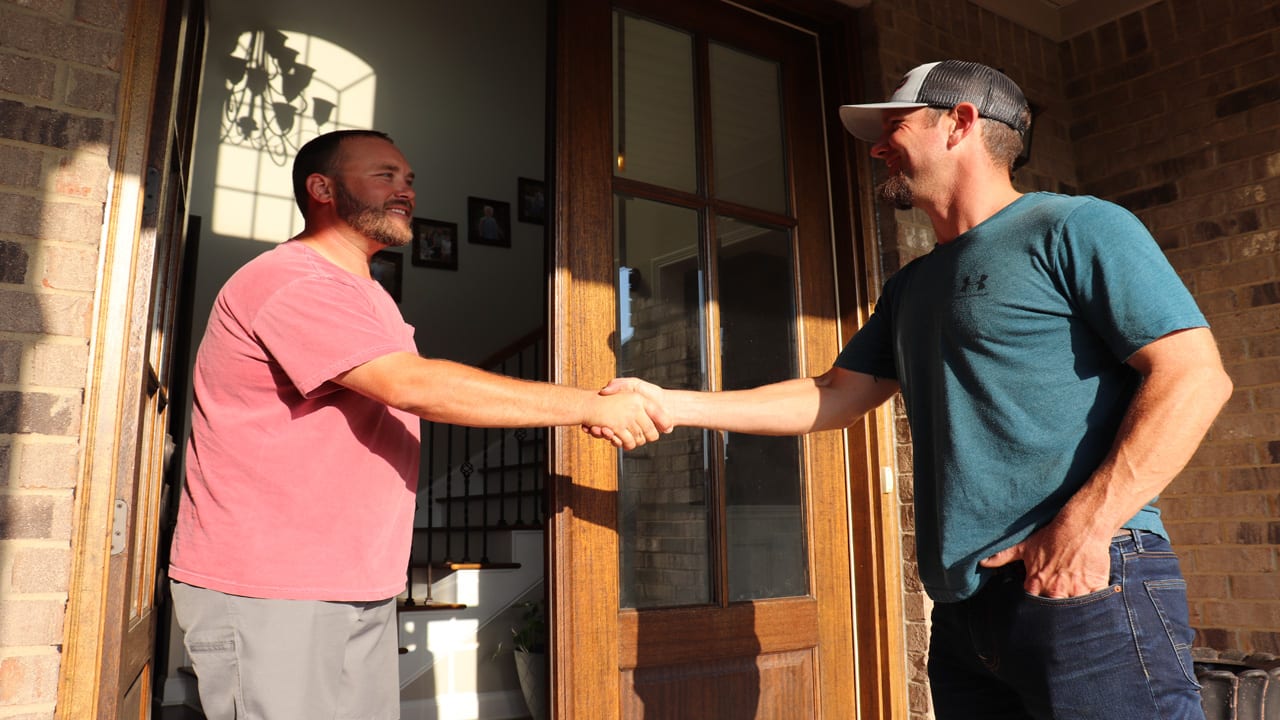
Not Dressing the Part
It is highly doubtful that anyone has made it through their youth and arrived at adulthood without being told that first impressions are everything.
This piece of wisdom doesn’t just ring true for job interviews, but for speaking with landowners as well.
You never want to give a property owner any reason to doubt your credibility. An unfavorable knee-jerk reaction regarding your appearance by a landowner, is often all that is needed to dash your hopes of gaining permission before ever uttering a word.
While business attire is not necessarily required for a visit to a landowner’s residence, being dressed respectively is. A clean pair of clothes, free of holes and stains, and a well-groomed appearance can go a long way to reassuring a landowner that your intentions are good.
By painting yourself in a positive light through your appearance, odds are good that the individual will at least hear out your request without preemptively dismissing you.

Not Properly Introducing Yourself
A sure fire way to start a conversation off on an awkward note is to immediately query the landowner upon their arrival at the door. “Hey, can I hunt your property?” is not a formal introduction and does little to further your efforts.
It is important to remember that unless the property owner is an acquaintance, they know nothing about you and are highly unlikely to grant you permission without a basic knowledge of who you are.
When first meeting a landowner, by simply smiling, introducing yourself, and offering a handshake, you have connected with that particular individual on some level. If you live in the same community, this is also, often pertinent information to share.
Many people are more accepting of someone from their area, as opposed to an individual that they deem an “outsider.” Your introduction is the foundation for the rest of the conversation to come.
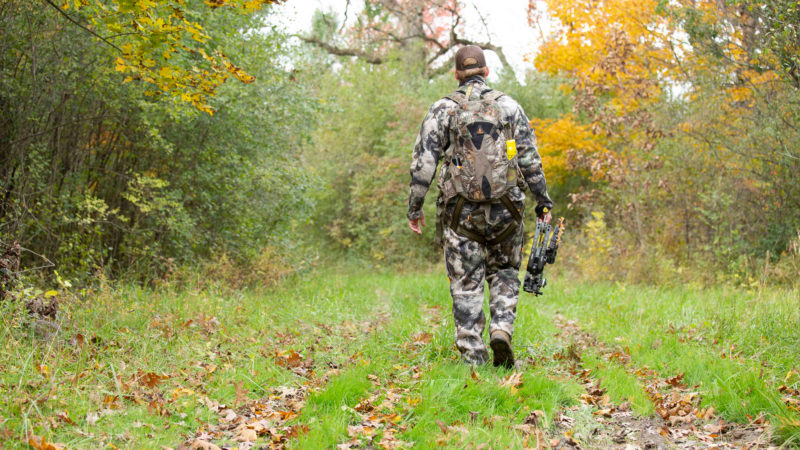
Not Reading The Conversation
No two people are exactly the same. Demeanor, personality, and behavior are all traits that are unique to a particular individual. For this reason, every landowner that you meet is likely to have a different reaction to your visit.
As a hunter seeking land access, it is your job to recognize the tone of a particular conversation and meter your interaction accordingly.
Some property owners react to your visit with little in the way of conversation and act as if you are inconveniencing them. In this case, you are likely to do more harm than good by attempting to carry on a long-winded conversation.
Following your introduction, respectfully present your request, and be prepared to thank the landowner for their time no matter their decision.
On the contrary, some individuals welcome friendly conversation. These individuals might receive very few visitors and are potentially thrilled to have someone to talk with.
If this is the case, avoid seeming as if in a rush or uninterested in what the individual is stating. Continue speaking with the landowner until conversation begins to stall, then present your request.
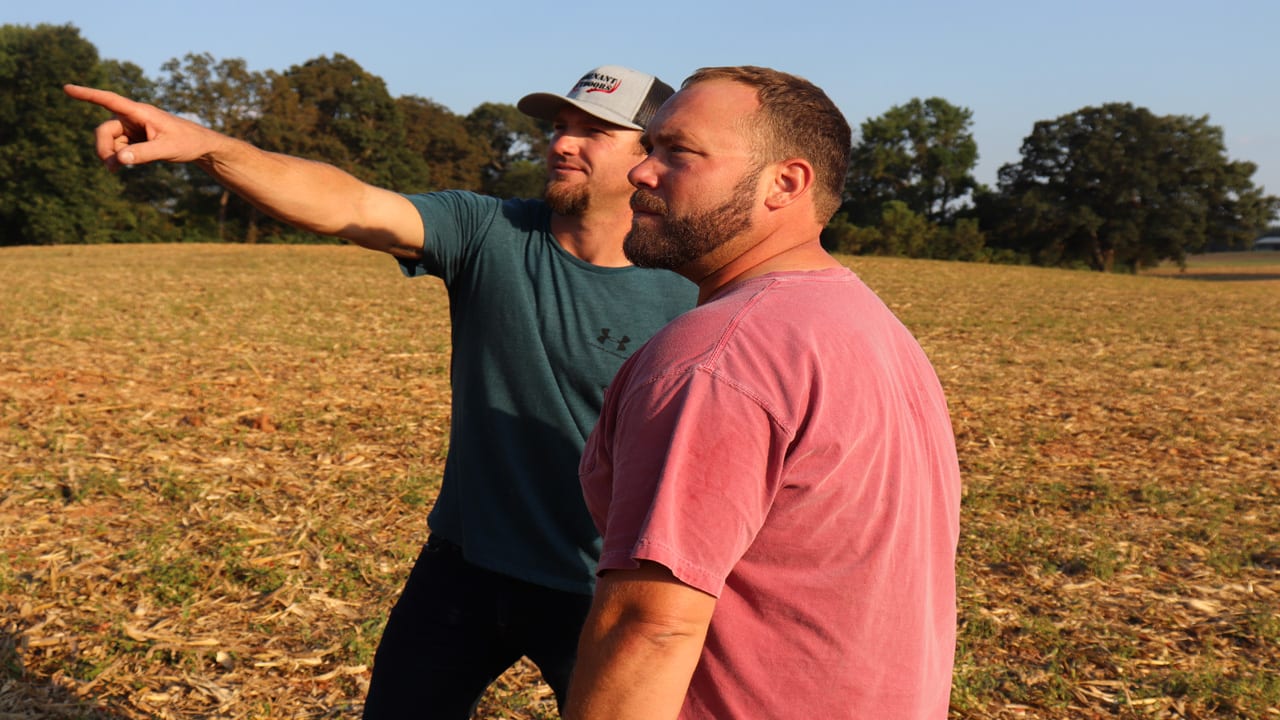
Not Offering to Help
Landowners, especially those of significant tracts, often receive countless requests for access to their property for one activity or another. With time, property owners can begin to feel taken advantage of, or as if someone is always wanting something from them.
It is often a refreshing experience to hear an individual offer to assist in chores around their property in exchange for being granted access. By not presenting such an offer, you miss out on a prime opportunity to stand out in the crowd among the sea of other hunters seeking access.
By offering to assist with farm chores or other projects, you make the process of seeking permission a two-way street for a landowner.
Even if a landowner does not take you up on your offer, they will have at least earmarked you as an individual who has assigned worth to what you seek from them.
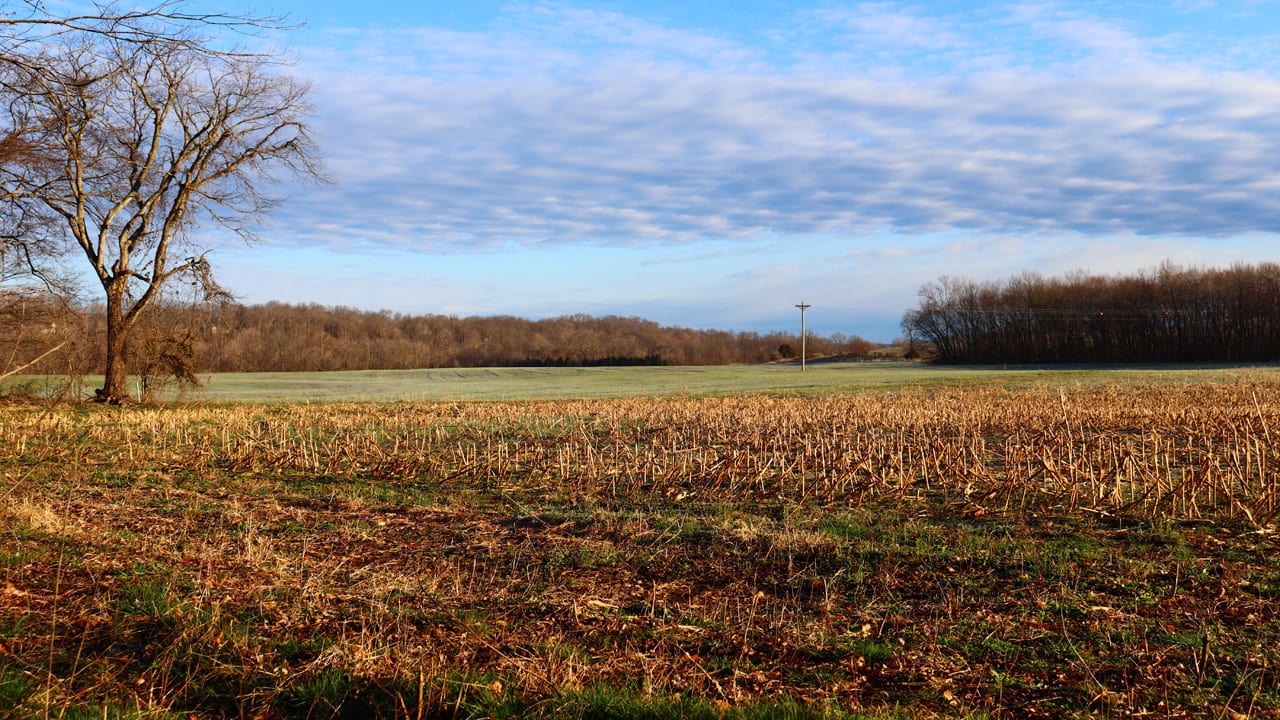
Becoming Angry Upon Rejection
No hunter will receive permission from 100% of the landowners that they visit. Rejection can and will happen.
Although this rejection presents an aggravating set of circumstances, it is important to remain professional at all times. By getting angry or leaving on a bad note, you can be unknowingly closing many doors to future access.
Rural communities tend to be made up of close knit individuals, who are often fond of one another. If you want to eliminate any chance of hunting in a particular area, bad mouth a landowner upon having your request rejected.
You can be assured that the property owner will relay his experience to many within the community. Not only is becoming disgruntled when being denied permission in poor taste, but it is also a sure fire way to maintain your track record of being unable to secure permission.
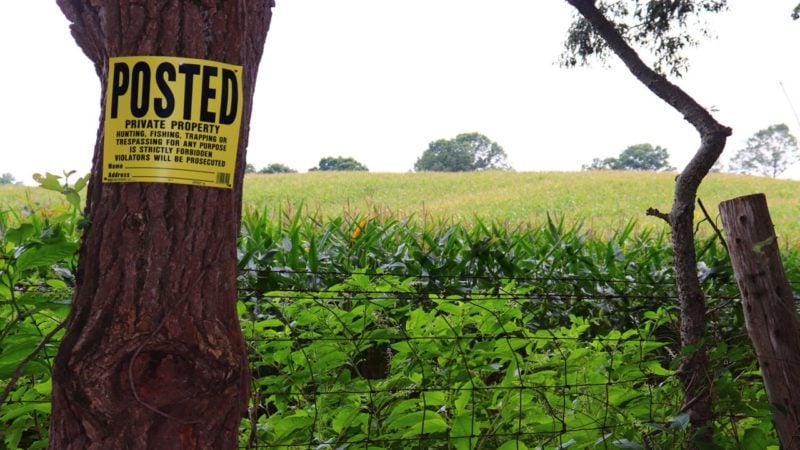
Permission to Hunt on Private Land - Conclusion
Permission regarding private land access has quite possibly never been as hot of a commodity as it is today. Both residents and non-residents pay visits to countless landowners across the country every year.
The request is simple. You seek permission to enjoy the untold hunting opportunities that the property owner’s farm holds.
Some are successful in their query, and some are left to go without. By avoiding these 5 self-sabotaging mistakes, you will be well on your way to accessing a new hunting oasis.

 By
By 



